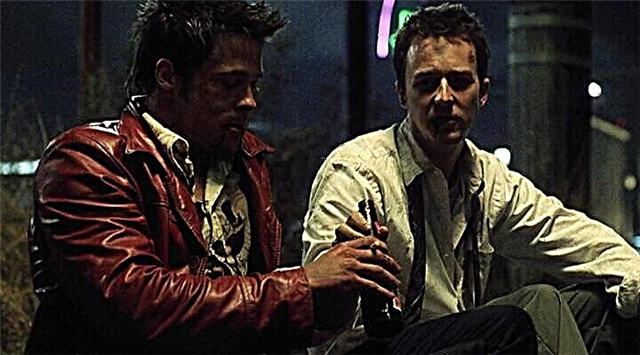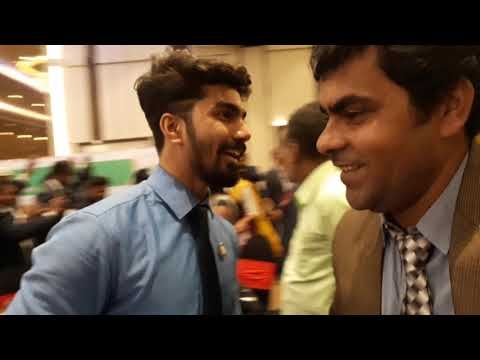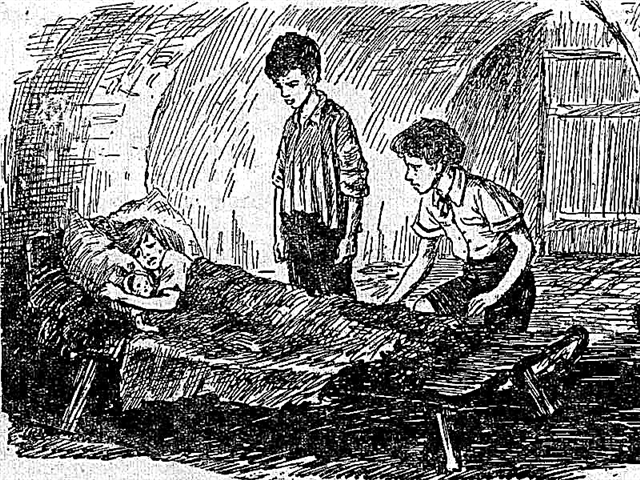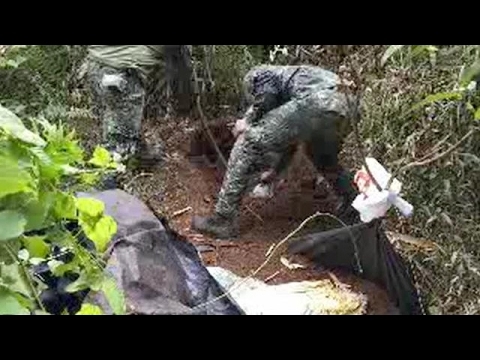The experimental field in which the paradoxical and contradictory course of one human life unfolds - the life of a poor American in Paris at the turn of the 1920s and 1930s - is essentially the entire Western civilization of the twentieth century that has been gripped by a deadly crisis.
With Henry, the hero of the book, we first encounter in cheap furniture in Montparnasse at the end of the second year of his life in Europe, where he was led by an irresistible disgust for regulated business, imbued with the spirit of wingless practicalism and the gaining lifestyle of compatriots. Unable to take root in the petty-bourgeois circle of Brooklyn immigrants from whose family he was born, “Joe” (as some of his current friends call him) became a voluntary outcast from his fatherland mired in material worries. He is connected with America only by the memory of Monet's ex-wife who returned to his homeland and by the constant thought of a money transfer from across the ocean, which is about to come to his name. For the time being sharing the roof with an occasional run-in by the emigrant writer Boris, he is constantly obsessed with how to raise money for food, and also with sporadically rolling attacks of erotic attraction, from time to time quenched with the help of priestesses of the ancient profession, which swarm the streets and lanes of bohemian quarters of the French capital.
Narrative Hero - Typical Tumbleweed; Of the countless everyday troubles that form a chain of fragment fragments, his intuitive common sense and an indestructible craving for life, seasoned with a decent dose of cynicism, invariably helps him out. He does not dissemble, admitting to himself: “I am healthy. Terminally healthy. No sorrows, no regrets. Neither the past nor the future. The present is enough for me. ”
Paris, "like a huge contagious patient scattered on a bed <...> Beautiful streets do not look so disgusting just because pus is pumped out of them." But Henry / Joe lives in his natural environment of whores, pimps, inhabitants of brothels, adventurers of all stripes ... He easily fits into the life of the Parisian “bottom”, in all its naturalistic ugliness. But a powerful spiritual beginning, a craving for creativity paradoxically coexist in nature Henry / Joe with the instinctive voice of the womb, turning the story shocking with the physiological details about the shadow side of being into an enchanting polyphony of the sublime and earthly.
Despising the fatherland as an exemplary stronghold of the vulgar bourgeoisie, not having the slightest illusion about the prospects of the whole modern civilization, he is driven by an ambitious desire to create a book - “a lingering insult, spitting in the face of Art, a kick in the ass for God, Man, Fate, Time, Love, Beauty. .. ”- and in the process of this, at every step he encounters the inescapable strength accumulated by mankind over the centuries of Culture. And the Companions, to whom Henry / Joe nails a half-starved existence — the writers Karl, Boris, Van Norden, the playwright Sylvester, the painters Kruger, Mark Swift and others — vainly seek confessions in one way or another face this dilemma.
In the chaos of a cancer-stricken alienation of the existence of innumerable loners, when the streets of Paris turn out to be the only refuge of the character, every accidental encounter with a mate, drinking buddy or prostitute can turn into a happening with unpredictable consequences. Exiled from "Villa Borghese" in connection with the appearance of housekeeper Elsa Henry / Joe finds a shelter and a table in the house of playwright Sylvester and his girlfriend Tanya; then takes refuge in the house of a Hindu trading in pearls; unexpectedly gets a position as a proofreader in an American newspaper, which after a few months, at the whim of the case, loses; then, fed up with the company of his sex-addicted friend Van Norden and his ever-drunken roommate Masha (rumored to be a Russian princess), for some time he becomes an English teacher at the Lyceum in Dijon, so that in the spring of next year he will again be penniless in his pocket on Parisian streets, in an even deeper conviction that the world is rolling in tartarars, that it is nothing more than a “gray desert, a carpet of steel and cement”, which, however, contains a place for the imperishable beauty of the Sacre Coeur church, inexplicable the magic of Matisse’s canvases (“... the triumphant color of true life is so overwhelming”), Whitman’s poetry (“Whitman was a poet of the Body and a poet of the Soul. The first and last poet. Today it is almost impossible to decipher, it’s like a monument mottled with hieroglyphs, the key to which is lost ”). There is a place for the royal round dance of eternal nature, coloring the city landscapes of Paris in unique colors, and the majestic course of the Seine triumphing over the cataclysms of time: “Here, where this river so smoothly carries its waters between the hills, there is land with such a rich past that, as it were, “Your thought did not run far back, this land has always been and always has been a man on it.”
Henry / Joe, who seems to shake off the depressing yoke of belonging to the bourgeois civilization that is being built on unrighteous foundations, knows no ways and possibilities to resolve the contradiction between the enthralized fever society and eternal nature, between the wingless existence of contemporaries mired in the petty bustle and again and again soaring over the dull horizon of everyday life with the spirit of creativity. However, in a passionate confession of G. Miller's autobiography stretched out over many volumes (The Tropic of Cancer was followed by Black Spring (1936) and The Tropic of Capricorn (1939), then the second novel trilogy and a dozen essay books were captured) features of the human destiny in our turbulent and dramatic century, that the eccentric American, who stood at the origins of the avant-garde searches of the literature of the modern West, still has many students and followers. And even more readers.

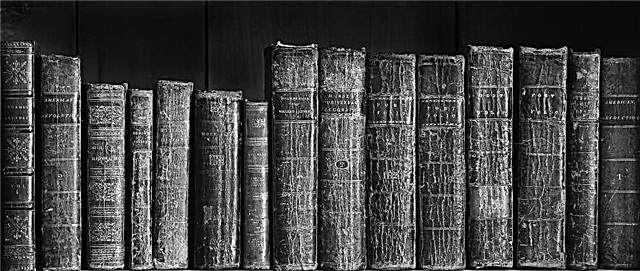
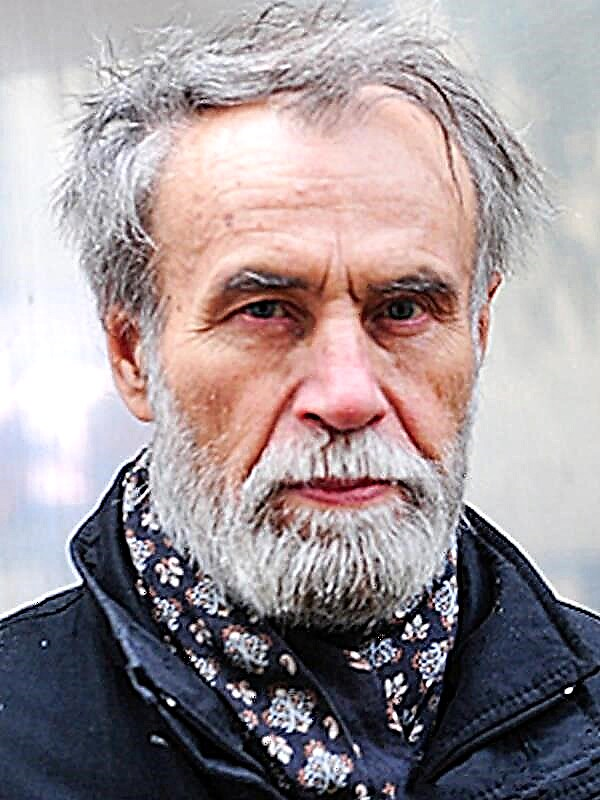
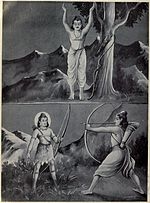
 Elder from the East Hall
Elder from the East Hall
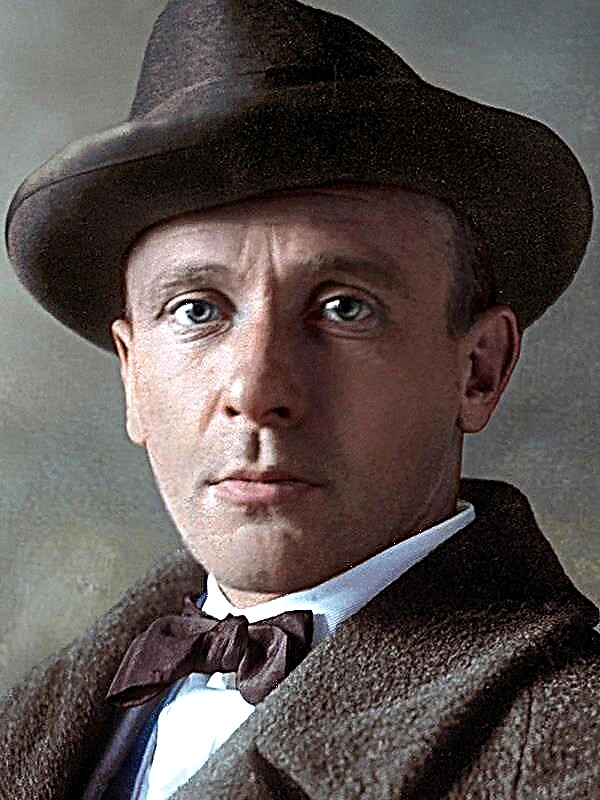
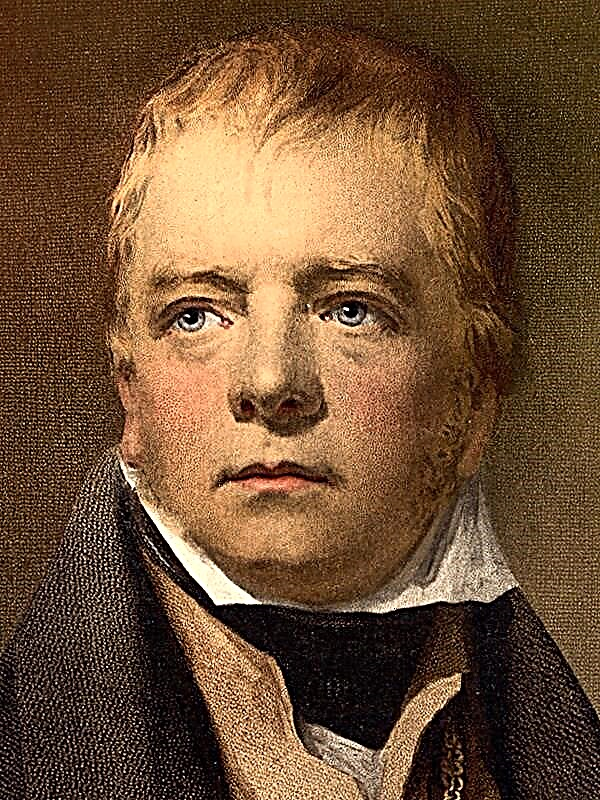
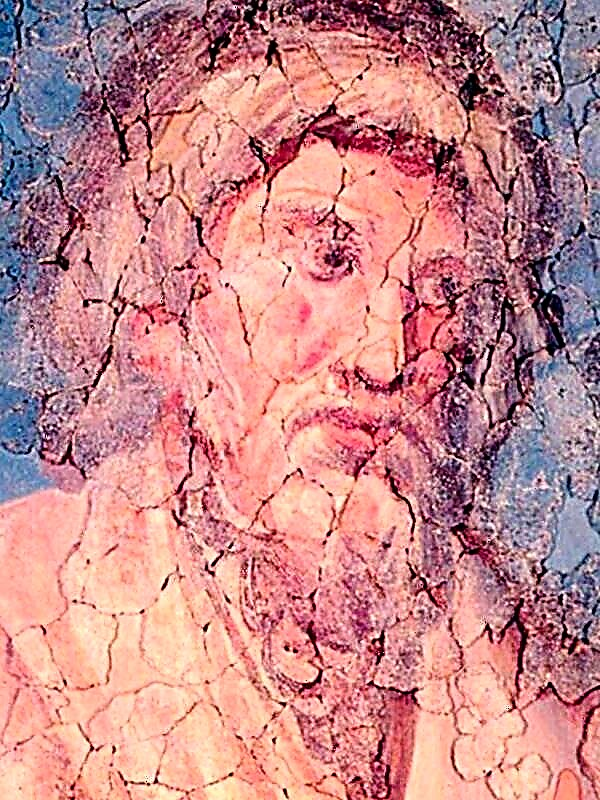 Metamorphoses
Metamorphoses